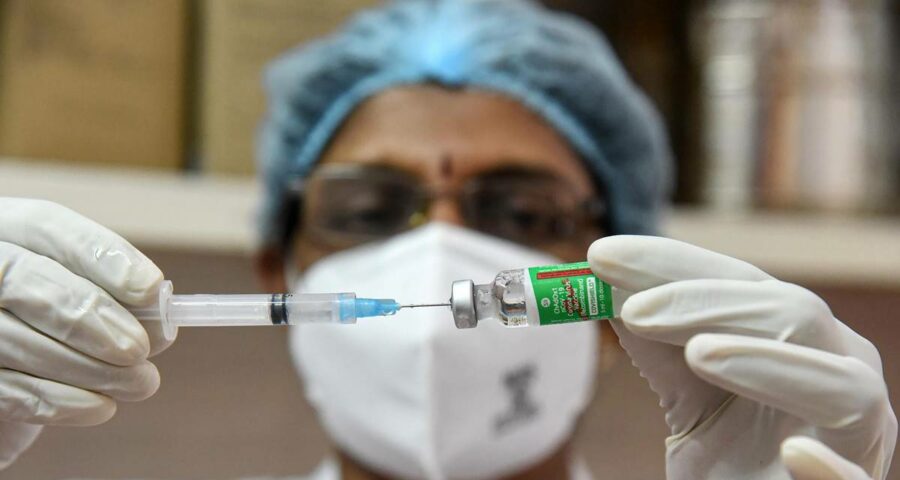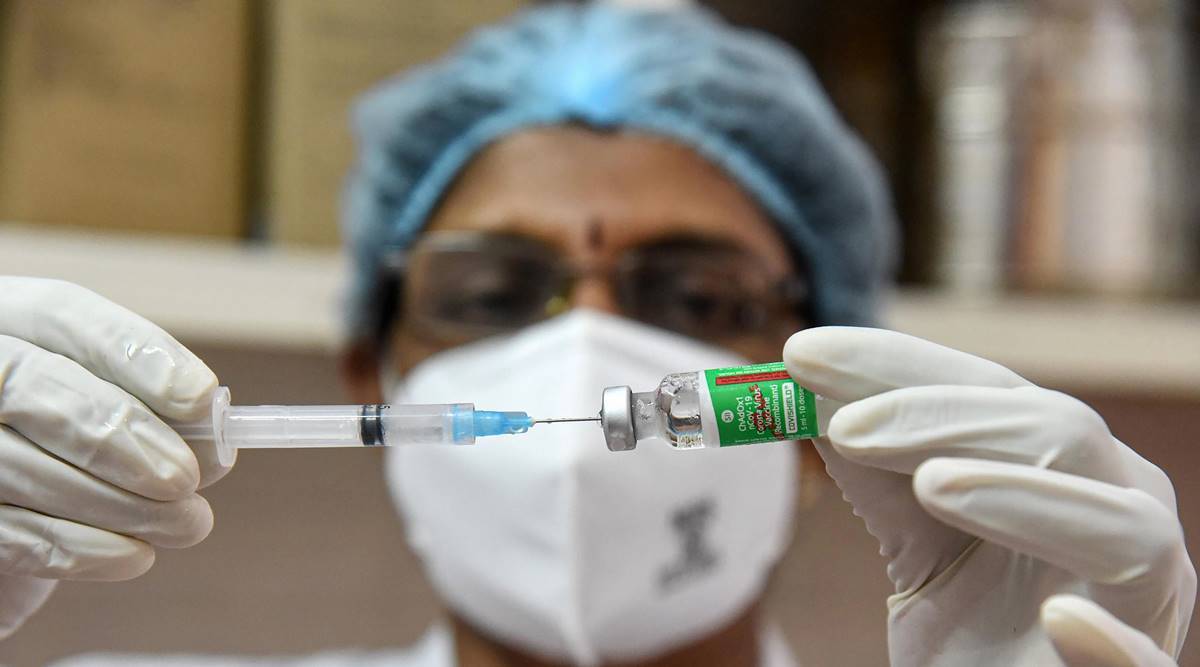A preliminary review conducted towards the end of last week prima facie reflected no cause for concern, according to the head of one of the Covid-19 task forces of the Indian Council of Medical Research (ICMR).
India’s top committee for post-vaccination adverse reactions is expected to review this week data related to side effects of the Covishield and Covaxin Covid-19 vaccines to ensure they are not linked to blood clots.
A preliminary review conducted towards the end of last week prima facie reflected no cause for concern, according to the head of one of the Covid-19 task forces of the Indian Council of Medical Research (ICMR).
The decision to review follows concerns raised over this risk with the University of Oxford-AstraZeneca vaccine, on which Covishield is based, in other countries. Several European and some Asian countries have suspended the use of this vaccine.
The National Adverse Event Following Immunisation (AEFI) committee, which is in charge of investigating such events, will look at both Covishield and Covaxin, the two vaccines in use in the ongoing immunisation programme.
“It (the review and concern) is being seen irrespective of the vaccine, for both the vaccines, basically. It is not like it is being done solely for the AstraZeneca/Covishield vaccine. It is also being seen for Covaxin,” Dr N K Arora, executive director for the INCLEN Trust and head of the operations research group in ICMR’s National Task Force for Covid-19, told The Indian Express.
This is because “these are features of Covid-19 disease,” Dr Arora said.
“This (review) will be done within this week,” Dr Arora said. He added that a preliminary review had been conducted on March 12-13, and “we didn’t find anything prima facie (of concern) in the vaccine related to clotting”.
As part of the review, India is expected to look at all adverse events, including serious ones like deaths and hospitalisations following vaccination, for instances of blood clotting, as per a report by AFP on March 13.
Covishield is manufactured by Pune’s Serum Institute of India under licence from AstraZeneca and the University of Oxford; Covaxin has been developed by Hyderabad-headquartered Bharat Biotech.
Meanwhile, AstraZeneca late on Sunday said it was keeping this issue “under close review” but that available evidence did not point to the vaccine as the cause for these concerns.
“Around 17 million people in the EU and UK have now received our vaccine, and the number of cases of blood clots reported in this group is lower than the hundreds of cases that would be expected among the general population,” Ann Taylor, AstraZeneca’s Chief Medical Officer, said.
A “careful review” of all available safety data from these people had shown “no evidence of an increased risk of pulmonary embolism, deep vein thrombosis (DVT) or thrombocytopenia in any defined age group, gender, batch or in any particular country,” the company said.
Across the EU and UK, 15 events of DVT and 22 of pulmonary embolism have been reported so far among those given the vaccine, based on the number of cases the company received as of March 8.
“Furthermore, in clinical trials, even though the number of thrombotic events was small, these were lower in the vaccinated group. There has also been no evidence of increased bleeding in over 60,000 participants enrolled,” the company said. It added that in terms of quality, there were “no confirmed issues related to any batch of our vaccine used across Europe, or the rest of the world”.
Countries including Netherlands, Thailand, Norway, Denmark, Ireland, Iceland, Bulgaria, Luxembourg, Lithuania, Estonia, and Latvia are reported to have suspended the use of this vaccine over safety concerns. Others like Italy and Austria are reported to have decided to suspend the use of specific batches.
Source: Read Full Article


